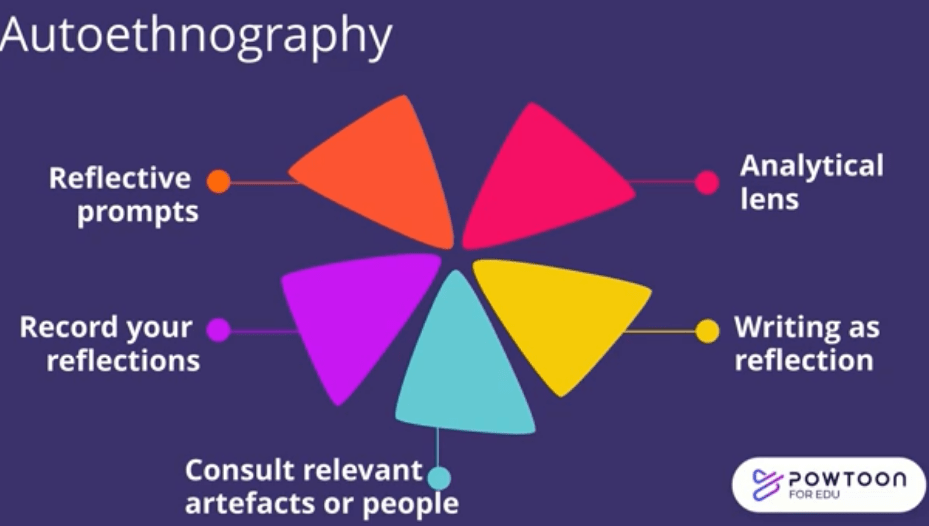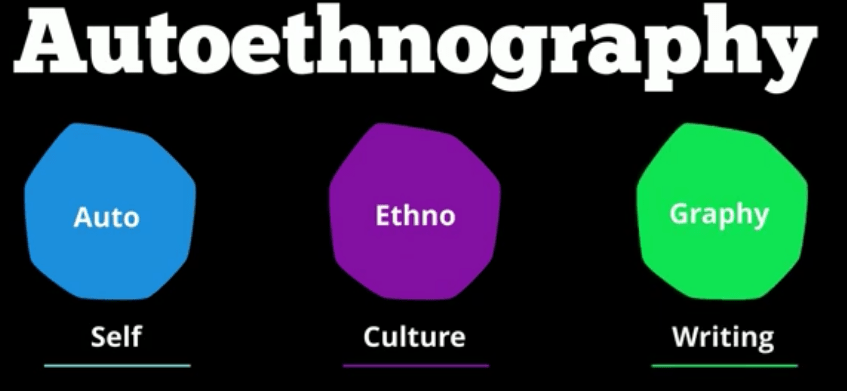Comp 2-EN111
Primary Research Investigations
Becoming an Active Researcher!








Which types of sources, primary or secondary, do you feel are important in your writing/researching games, social media, and technology, online practices? What will a specific source do for your research?
Thinking about different Research Lenses...Discussion ?
- First-hand accounts
- Journals/Blogs
- Types of Social Media Posts
- Academic Articles
- Research studies on topic
- Data visuals
- Commentaries/Reviews
- Video Content
- Websites
- Documentaries
- Podcasts
- Strategy Guides/Wikis
- Group Servers, Chat Rooms
- Research that is produced rather than found
- Information collected firsthand
- Based on John Stuart Mill’s Philosophy of Scientific Method
- Researcher engages in a hypothesis-driven investigation
- Researcher collects data/evidence
- Research supports ongoing study or investigation that impacts others in the field/community.
- Human-based research (within your major/field of study) involves ethical practices such as IRB approval. Your major professor can speak more on these practices.
Primary Research Fact List
- Expand on information that may not be widely known about
- Expand on a local/regional issue that has larger, global impacts
- Shows and develops greater researcher ethos (credibility) – YOU become the investigator!
- Shows an active role in the group you are researching
- Gain insights, behaviors, and commentary we might not have known about before
- Shows a concern for human subjects in your friend group or hobby related group and telling their story
Why We need more Primary Research in our Writing...
Pre-Primary Research Questions
- Where does your community go to find information, content, material important to them?
- What skills or activities with a piece of media do you plan to discuss that shows literacy?
-
Who has expertise or knowledge about your group that will back up what you write about?
- Friend or friend group
- Co-Worker
- Professional acquaintance
- Instructor/Teacher
- Supervisor/Boss
- Family member with skillset/experience
- What kind of commentary or information do you want to get from them? Why?
Primary Research Process
Do I have participants that can be interviewed? What should I ask them about to support my writing? What evidence do I need? How will I record and transcribe interviews?
1
Do I have the chance to observe my community at work? What details should I include in my observation? Should I follow this up with an interview?
2
Should I create and send out a survey to increase my qualitative and quantitative data results?
3
-
- Observations: Participant and Unobtrusive methods (e.g. job shadow, classroom & office visit, being on the sidelines and reporting)
-
Interviews: Questions to support either deductive or inductive reasoning
- Deductive Reasoning – Start with hypothesis or known idea and gather evidence to support it
- Inductive Reasoning – Start with a question and collect information that supports a conclusion.
-
Surveys: Questionnaire with a mix of closed and open-ended question about your topic to generate numerical data:
- Likert Scale – On a scale of 1-10
- Not very likely – More than likely
- 1=not very important, 5=very important
Primary Research Methods
Interviews and Observations are field data collected during a specific event or session with a group. WHO would be best to interview about gaming or social media habits? WHERE would your observation take place (in-person, online) and why is this location the best place to gather info on your group? What will you be observing? We will add these sections to our document throughout the week.
CREATE a Word Doc: Primary Research Methods
Practice


One area of primary research you should engage in with you projects are conducting, recording, and transcribing interviews. This means you will ask questions, record the interview (e.g. via the Microphone tool in Notability, Phone or video recovering, Garage band for Macs etc.).
We will practice in class today constructing at least 6-7 solid interview questions you want to ask potential research participants. Thinking about ideas we've discussed about game-based learning and media literacy, practice drafting these questions as potential ones you will ask participants. Later, we will share in groups the types of questions we created and see how they worked.
Day 1 Activity: Interviews
- Narrow down the topic and focus to get a concrete answer,
- Focuses on a specific issue important to the participant;
- Where necessary, defines a key term or concept (e.g. specialized language, genre, activity, lexis) and ask participants their thoughts on the matter;
- Call out a recent event or situation that the participant can draw on;
- Help the researcher illustrate the mindset, ideologies, and focus on their group members.
AVOID these types of questions: Closed Questions or Basic Yes/No Scenarios; Questions that are too broad (e.g. How do you feel about X sport? Do you use X Platform? How do you feel about X majors on a national level?; Asking for sensitive information – for these types of situations, participants may either ask to remain anonymous in which you can create a pseudonym (fake name) for them.
Day 1 Activity: Interviews
Good Questions Will...
Researching/Observing Others through Autoethnography
How can your first-hand experiences and observation help provide knowledge about the group you are researching? How will your experiences support sources and vice versa?

Helpful process in Primary Research...
- The Value of both Participant and Unobtrusive Observations... (Driscoll 160)
- Participant Observation - commonly used within ethnographic studies within sociology, anthropology, psychology, education, etc. Emphasis is on joint interaction with the community during events. You are a part of the group's activities.
- Unobtrusive Observation - Recording of behaviors, events, activities, interactions, without interaction. In public spaces for instance, these types of observations do not have to be voluntary.
Observations


Work on writing exact observation (facts) not interpretation (opinion) about who you want to research (Driscoll 161)
- Practice giving facts about your research participant or group (4-5)
-
In a separate list, give your interpretation of those facts (this would be your perspective) (4-5)
- Example: (Fact) - Canva is a platform that allows users to create both infographics and social media posts.
- (Interpretation) - While Canva allows for social media content to be created, users should be taking more care to attract audiences and not alienate them with posts.
Doc: Observation Practice Set-up


Surveys
- Another quality of primary research is whether you have qualitative or quantitative date in your findings. Surveys can help provide a mixture of responses.
- Surveys can gauge "opinions and behaviors" of a group in a questionnaire-style tool (Driscoll 154).
- Who to choose for a one-on-one interview?
- How might you get more responses from multiple participants?
- Which questions are better to ask in an interview vs. survey?



Types of Data from Surveys
Qualitative = emphasis is on participant responses and analysis on what, how, why responders feel the way they do about a question.
- Descriptions mean more than numbers/stats
- Emphasis is more on research subject responses
- Tends to be more effective at establishing themes in research or perspectives.
- Case Analysis, Retrospective Analysis
Quantitative = emphasis is more on data sets and how the volume of responders can be used to make conclusions based on numbers & percentages.
- Graphs and charts play a big role in findings
- Likert scale (1-5 stars, Very Likely to Not Very Likely) help quantify results to show patterns/trends
- Numbers/stats more convincing in specific fields.


Surveys Activity
Forming questionaire material for a survey!
What type of questions would you ask in a survey to a group of gamers, content creators, or users/consumers of social media and online content? We'll Practice with different styles today ranging from Ranking to Likert Scale questions.
Later, you will want to practice thinking about how you can create a useful survey to get results.
- Microsoft Forms: Go to Eagle Mail (website/browser); Click on 9 dots at top and select Microsoft Forms app to get started creating. You may also have the Forms App on your Ipad.
- Google Forms: You need a Google account and access to Google Drive - select New and Google Forms to get started creating.
- Primary Research Content Doc


WEEK 2
A.I. Friday Forum #2
I will come by to take a look and answer any questions about your Primary Research Doc.
In the Tech Com Society Webpage on Researching Discourse Community it references Writing Scholar Lester Faigley who identifies 5 questions to consider when researching a discourse community. The word "text" is often used but could also be broadly defined as "created content" or "content with meaning"
Choose one of those questions to answer right now as it applies to the group you are going gather research on. Post the question you chose and your answer with your Interview ?'s from Class
(6-8 minutes)



